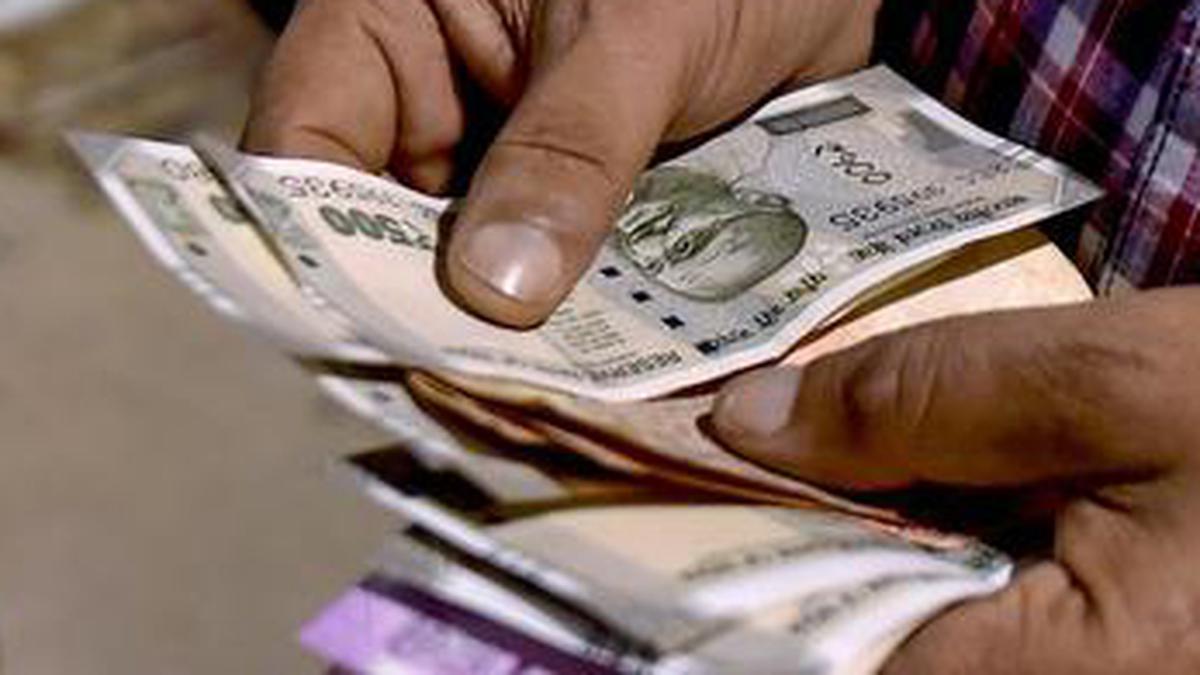This week is a special one, for September 7, 2022 marks the first anniversary of El Salvador formally adopting Bitcoin as legal tender – the first country in the world to do so. A day before the law came into force, Bitcoin’s price was more than $50,000. On Friday, however, it was worth $20,634.97
This week is a special one, for September 7, 2022 marks the first anniversary of El Salvador formally adopting Bitcoin as legal tender – the first country in the world to do so. A day before the law came into force, Bitcoin’s price was more than $50,000. On Friday, however, it was worth $20,634.97
El Salvador’s tryst with Bitcoin
The South American country’s legislative assembly passed the Bitcoin Law on June 8, 2021. From September onwards, President Nayib Bukele tweeted about his latest crypto purchases for the country, even when Bitcoin prices peaked and later crashed. The IMF warned El Salvador that the move came with financial risks which could affect consumers.
(Sign up to our Technology newsletter, Today’s Cache, for insights on emerging themes at the intersection of technology, business and policy. Click here to subscribe for free.)
As of Friday, El Salvador had approximately 2,381 BTC and is down 54.07% on its investment, according to the Nayib Tracker website.
El Salvador residents have also raised complaints about the state-administered Chivo virtual wallet which they use for Bitcoin transactions. These included allegations of identity theft and missing funds. The El Salvador government changed the wallet’s tech provider in February 2022.
The country has also rejected claims of its investments seeing a loss. El Salvador’s Finance Minister Alejandro Zelaya earlier pointed out that no Bitcoin had been sold at the current market prices and that El Salvador’s Bitcoin investment was less than 0.5% of its budget. Plans to issue a Bitcoin bond are also on hold for now.
Despite market conditions, El Salvador saw a dramatic boost in tourism in the year it adopted Bitcoin.
Safe returns from Ronin
The blockchain analytics platform Chainalysis revealed on September 8 that its Crypto Incident Response Team helped seize more than $30 million worth of cryptocurrency stolen by hackers associated with North Korea.
This comes six months after the March 2022 hack of the Ronin Network, which saw theft of around $600 million in crypto. It continues to be one of the largest known crypto hacks on record. The stolen crypto assets were passed through Tornado Cash – a mixer that obscures the origin of both legitimate and stolen crypto funds, and makes it harder to track illicit actors.
However, the U.S. Treasury’s Office of Foreign Assets Control (OFAC) sanctioned Tornado Cash in August. Surprisingly, the Lazarus hacker group then used decentralised finance (DeFi) services to launder its stolen crypto. This enabled law enforcement and crypto organisations to track down some of the stolen assets.
North Korean hacking groups like Lazarus are believed to resort to crypto hacks in order to evade economic and financial sanctions.
Straight talk for Celsius
DeFi platform Celsius’ unpredictable decision in June to freeze user withdrawals and transfers sent a shock wave through the crypto industry. More than 1.7 million customers are waiting to learn the fate of their savings as Celsius filed for Chapter 11 bankruptcy in the U.S.
On September 7, a filing from the United States Bankruptcy Court in the Southern District of New York saw the Vermont Department of Financial Regulation criticising Celsius in the strongest terms.
The state regulator claimed that Celsius and its CEO Alex Mashinsky, “made false and misleading claims to investors” about the platform’s health and legal compliance.
While Mr. Mashinsky tweeted on May 11, 2022 that Celsius had not suffered any “significant losses,” the company’s preliminary financial records showed that it had unrealised losses of around $454,074,042 between May 2 and May 12.
Celsius’ customers are now waiting to learn whether an appointed examiner will formally investigate the company’s activities.




